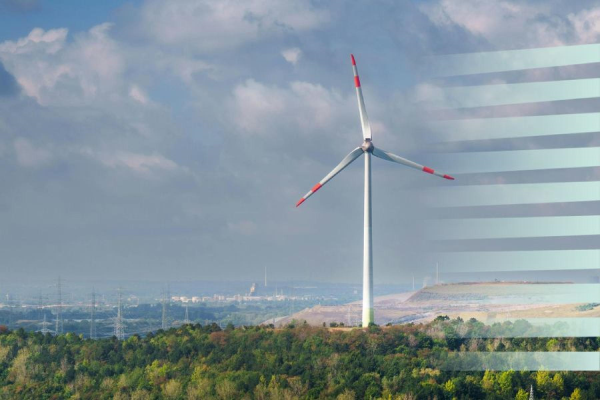The European Commission has unveiled a new set of coordinated actions to reduce energy prices for both industries and consumers, marking the next phase of the Affordable Energy Action Plan.
Although energy costs have fallen from their 2022 peaks, they remain significantly higher than global competitors, undermining industrial competitiveness and household affordability. The Commission’s new plan focuses on immediate relief and long-term structural measures in cooperation with EU member states.

Seven actions to reduce energy costs
The Commission has presented seven key measures to accelerate cost reduction and ensure secure, affordable and sustainable energy across the EU:
- Member states are urged to make full use of the Clean Industrial Deal State Aid Framework (CISAF), which allows targeted aid for energy-intensive sectors through price relief and decarbonization support. The Commission will issue guidance for national schemes by the end of 2025, ensuring consistent application of state aid across member states.
- Governments are encouraged to reallocate EU Cohesion Funds to modernize national grids and expand energy storage capacity. Revised investment programs can be submitted before the end of the year, and the Commission will assist member states in designing efficient, low-risk funding mechanisms.
- The Commission advises industrial companies to engage with the European Investment Bank (EIB) and national promotional banks to access new financing tools. A €500 million pilot program has been launched to support corporate Power Purchase Agreements (PPAs), helping companies lock in stable, long-term energy prices and reduce exposure to market volatility.
- Member states are encouraged to speed up permitting procedures for renewables, storage and grid projects, applying the new rules of the Revised Renewable Energy Directive (RED III). Additional simplifications will be included in the upcoming Grids Package, scheduled for adoption before the end of the year.
- The Commission will enhance cross-border energy links and domestic grid infrastructure through the Energy Highways initiative, addressing eight key bottlenecks across the EU Energy Union.
- To ensure affordable gas prices, the EU will expand partnerships with suppliers such as the United States, Norway and Qatar. A regional demand collection exercise will be launched in southeast Europe to secure competitive and diversified gas procurement for industries and utilities.
- Recognizing that taxes can account for up to one-third of energy bills, the Commission will issue recommendations and technical assistance to help member states reduce electricity taxes, particularly for energy-intensive industries and vulnerable households.